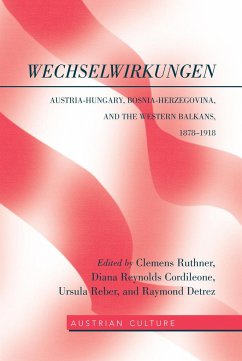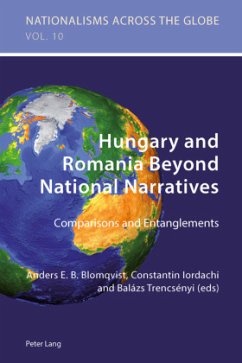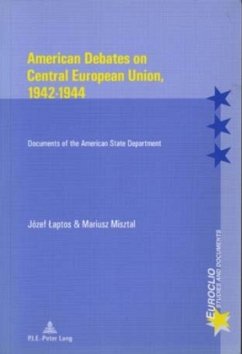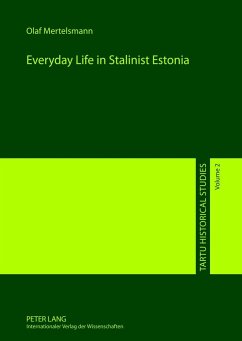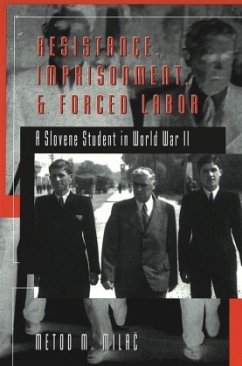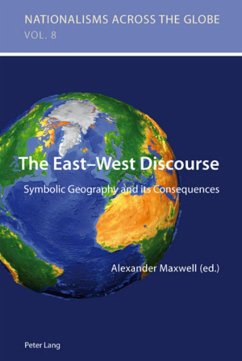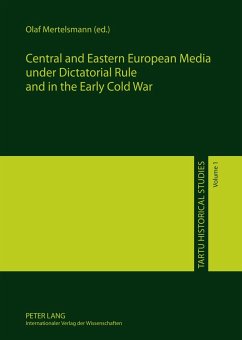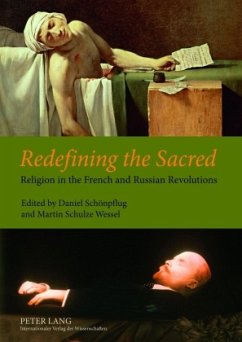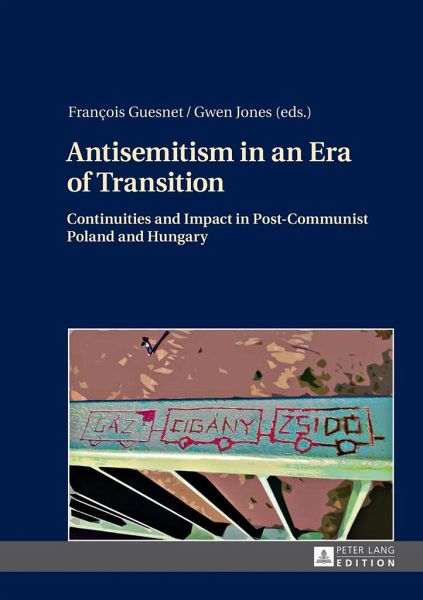
Antisemitism in an Era of Transition
Continuities and Impact in Post-Communist Poland and Hungary
Herausgegeben: Guesnet, François; Jones, Gwen
Versandkostenfrei!
Versandfertig in 6-10 Tagen
80,20 €
inkl. MwSt.

PAYBACK Punkte
0 °P sammeln!
The post-Communist transition in Eastern Central Europe has brought about democratic reform, liberalized economies and accession to the European Union, but also the emergence of political movements that revert to antisemitic rhetoric and arguments. This volume compares the genealogies and impact of antisemitism in contemporary Poland and Hungary. Leading and emerging scholars contrast developments in both countries from the last quarter of the nineteenth century to the present, analysing the roles played by organised religion, political leaders, media and press, but also by Communist Parties. ...
The post-Communist transition in Eastern Central Europe has brought about democratic reform, liberalized economies and accession to the European Union, but also the emergence of political movements that revert to antisemitic rhetoric and arguments. This volume compares the genealogies and impact of antisemitism in contemporary Poland and Hungary. Leading and emerging scholars contrast developments in both countries from the last quarter of the nineteenth century to the present, analysing the roles played by organised religion, political leaders, media and press, but also by Communist Parties. They present historical analysis as well as the results of qualitative and quantitative research on contemporary public memory, the image of the Jew, antisemitic media, political constituencies and the interplay of prejudices, specifically anti-Roma racism. A topical bibliography of research on antisemitism in post-Communist Eastern Central Europe offers pathways to further research.





